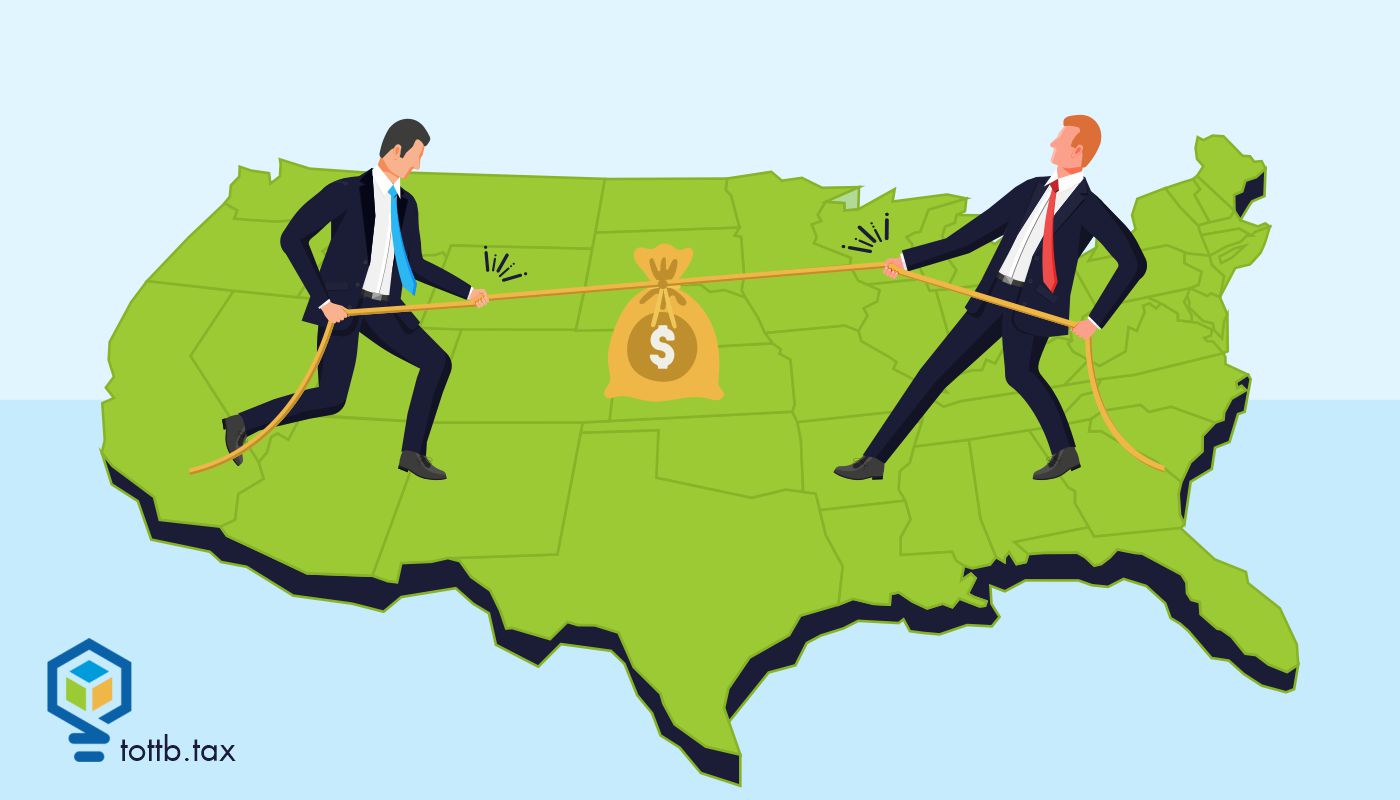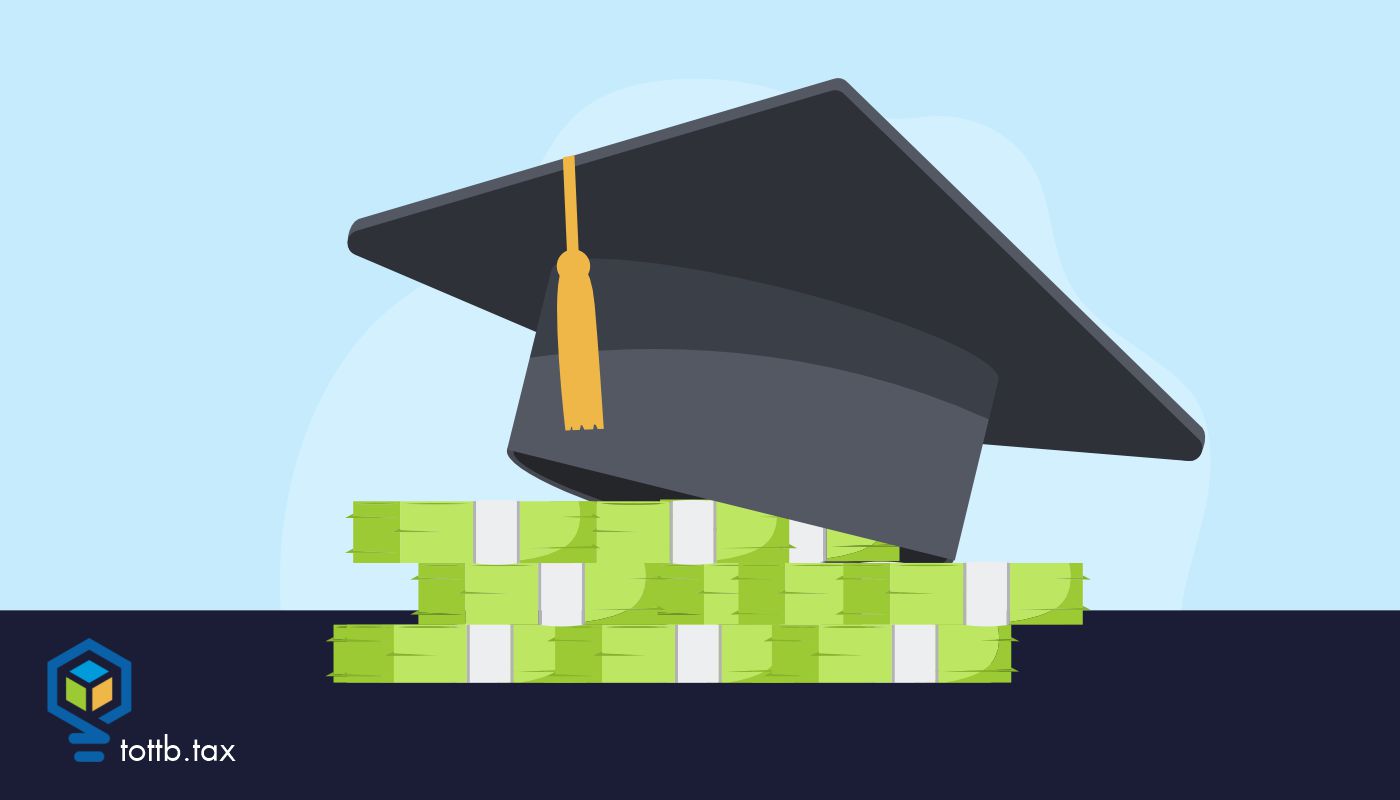With the rising cost of higher education and greater reliance on student loans, taxpayers are looking for every opportunity to ease the financial burden of earning a degree. Fortunately, several higher education tax benefits are available to help offset the high cost of tuition, student loans and other education-related expenses. However, certain eligibility requirements — such as income limits and tax filing status — often trip up taxpayers along the way. Understanding the nuances of these tax benefits for higher education can ensure your clients take full advantage of available tax savings.

Contracts, Signing Bonuses, and the Substantial Presence Test
In tighter job markets, recruits are often offered signing bonuses (and sometimes moving expenses) to join a firm. Sometimes construction workers temporarily relocate to jobs in other states while they are employed by the company that hired them in their home state. This article reviews some of the foundational tax concepts to consider when evaluating sourcing of income for state tax purposes.






